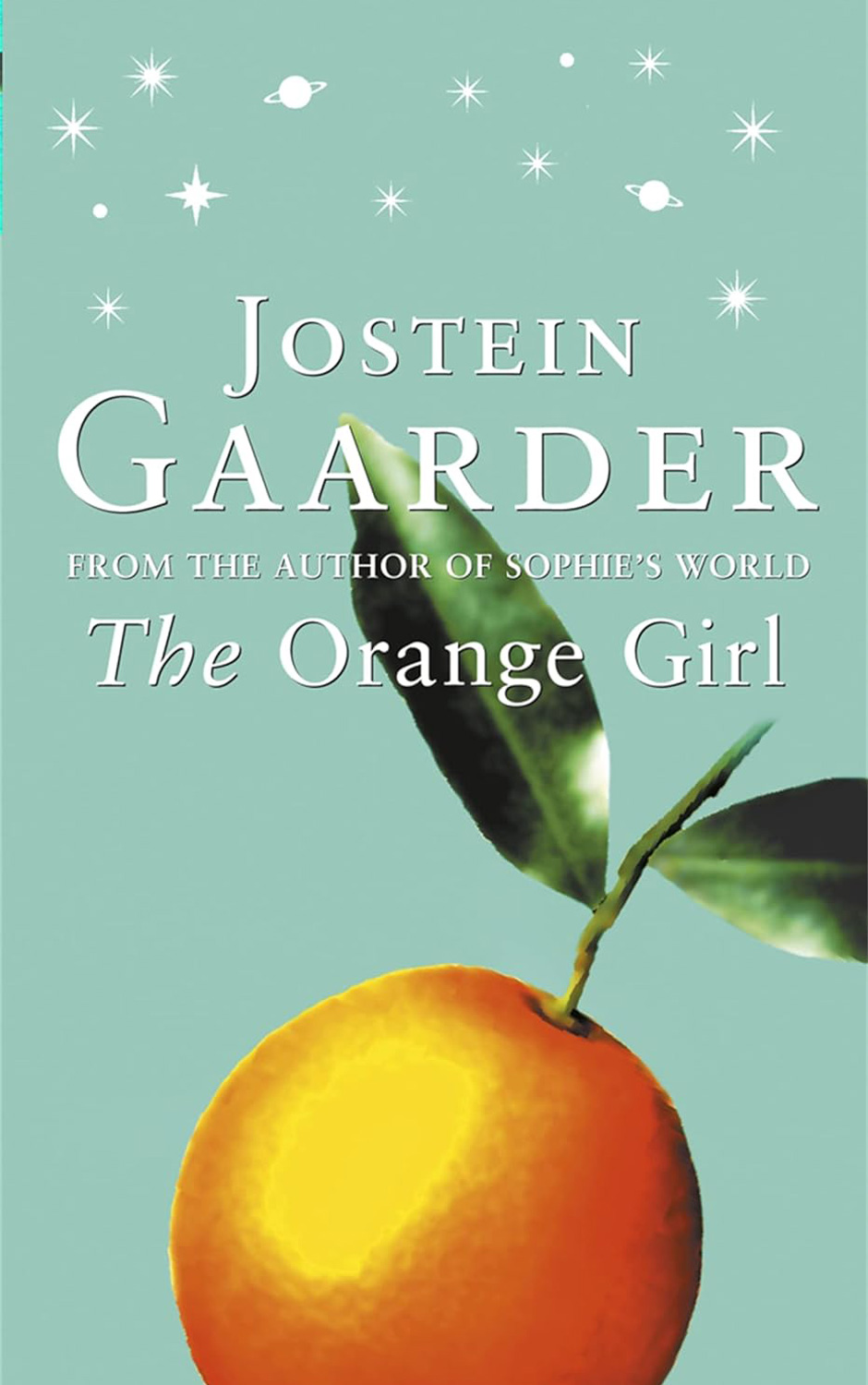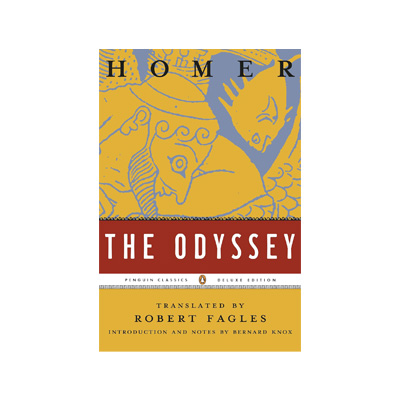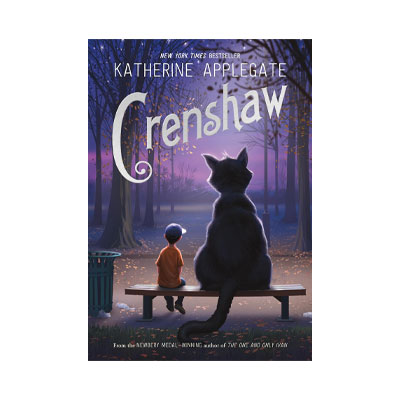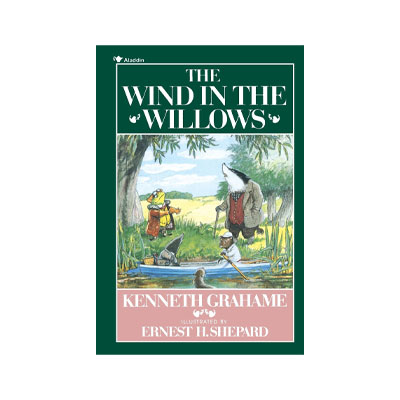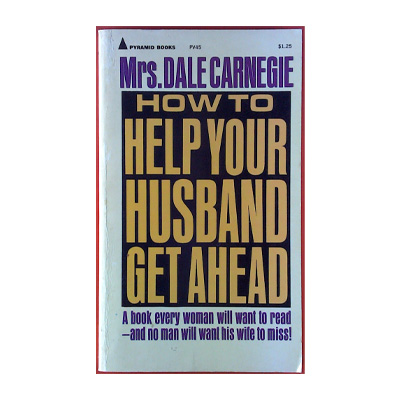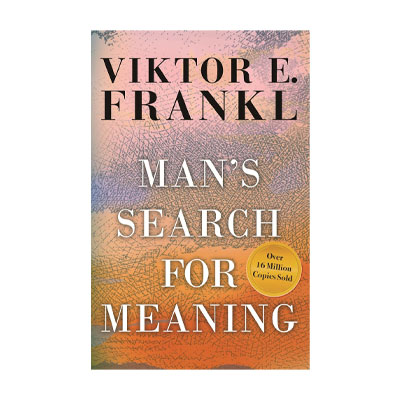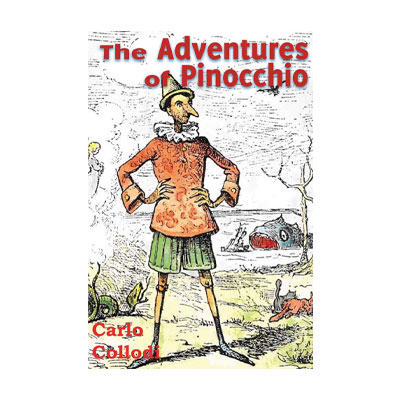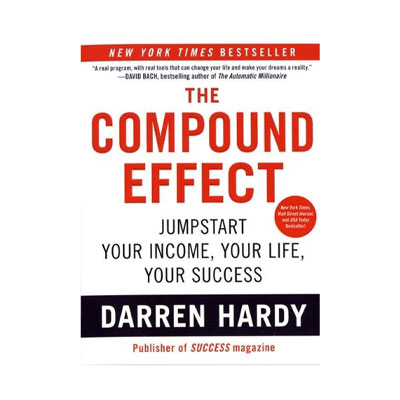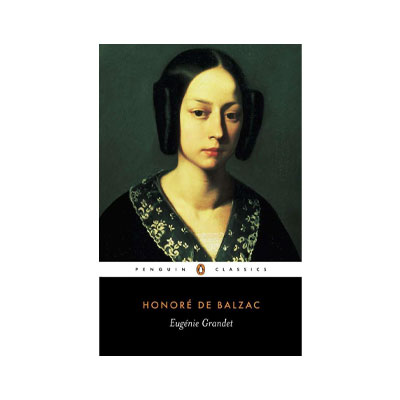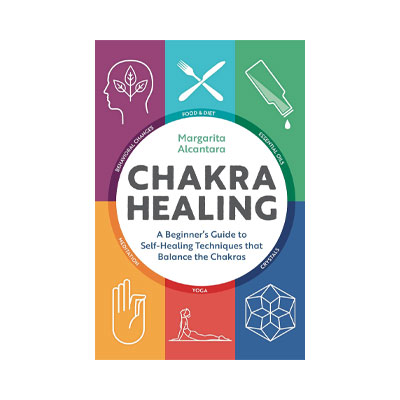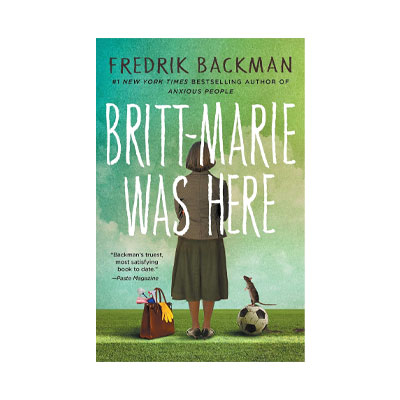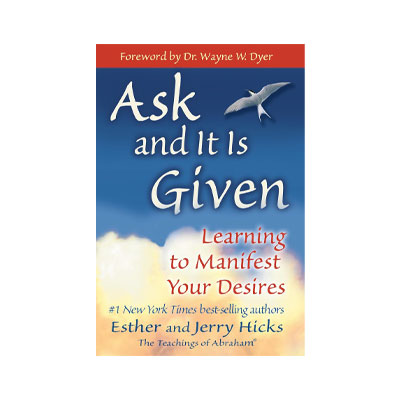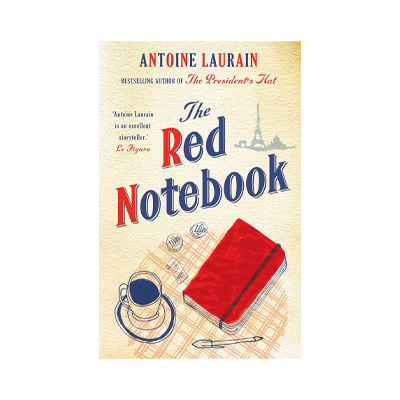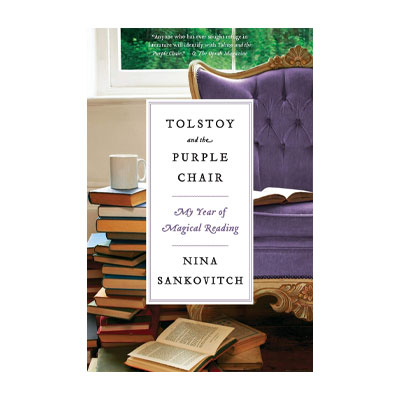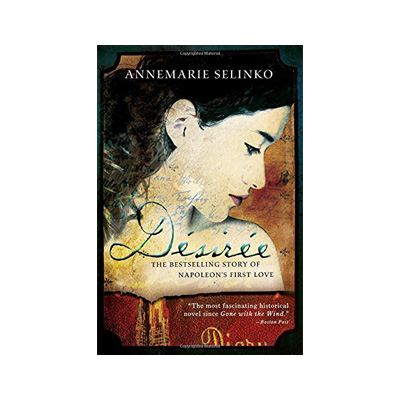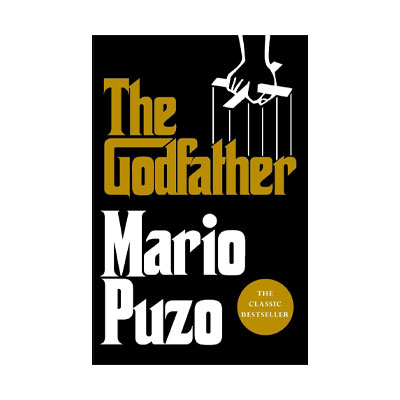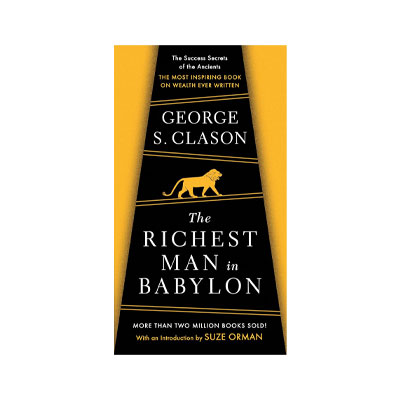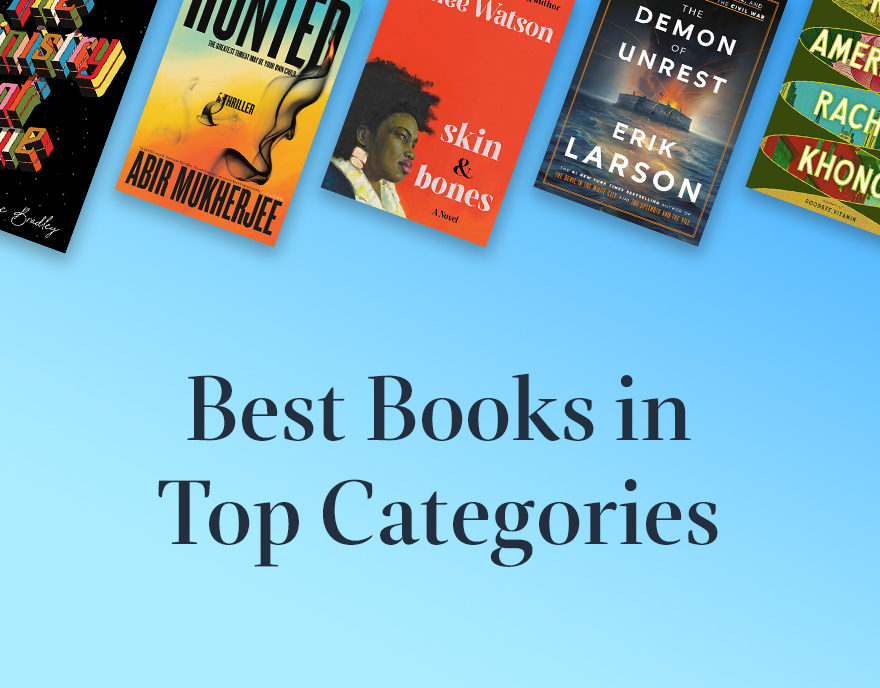Book Summary
Norwegian author Jostein Gaarder has created the book "The Orange Girl" with his powerful pen in the best possible way as always. The story of the book revolves around philosophical questions and also includes delightful and impactful dialogues that engage the reader in deep thoughts. The main plot of the novel revolves around poetic conversations between a father and son who have lived in two different and distinct times.
The father leaves his son a way to get to know a girl through his writings, and after reading it, the son discovers a new perspective on life that transforms his worldview. Georg Røed, the 15-year-old son, narrates the story, living with his stepfather Jørgen, his mother, and his little sister Miriam, who is eighteen months old. Amidst the everyday events of life, by pure chance, Georg comes across a writing from his father that contains many things left unsaid. According to Georg's mother, his father, who was a doctor by profession, bid farewell to this mortal world eleven years ago due to an incurable disease before he had the chance to know his son.
While deeply saddened by the fact that he had to leave the world before getting to know his son, the reader encounters philosophical questions posed by the author through the characters and their conversations, eventually finding philosophical answers that are essentially the author's reflections after pondering over the existing questions. Although there are some slow-paced sections in the book, and the reader may try to skim through them quickly, the rich dialogues, detailed descriptions with creative imagery, and the smooth and flowing prose of the book are among its other positive attributes that ultimately urge the audience to continue and bring the work to a conclusion eagerly.
The eagerness leads to finding mental answers that reveal the inner secrets of the author. The captivating title of the book can also be another factor that has played a special role in its sales, nudging book market explorers to purchase it and see what story lies behind this intriguing title.
About the Author
Jostein Gaarder is a renowned Norwegian writer born on August 8, 1952, in Oslo, where his mother was a children's book writer and his father was a school principal. Although he started his literary activities by sending a city magazine and giving speeches, he later turned to writing short and long stories, among which his popular works include "Sophie's World," "The Solitaire Mystery," and "The Castle in the Pyrenees."
Who Should Read the Book?
Reading "The Orange Girl" is recommended for readers who are looking to read philosophy in the form of a fictional work. In further interpretation of this novel, it can be said that the main audience of novels may not necessarily accept this book as a strong novel overall, but if they set aside their strict criteria for reading a story and engage with the good philosophical questions and answers that the author has raised in his book, it can be considered a good recommendation for the book community.
Table of Contents
The mentioned book, consisting of 160 pages, is narrated in a systematic narrative from beginning to end after the introduction, along with its dialogues, and no specific sections or chapters have been considered for it.
Book Quotes
We belong to this planet, and this is self-evident. Without a doubt, in a part of the nature of this planet, from monkeys and insects, we have learned to increase our numbers through reproduction, and I have no objection to this and do not want to question everything. My only point is that this should not prevent us from seeing beyond our noses.
What is a human? What is the value of each individual?
Imagine a time when everything had just come into existence and you were on the verge of life with the freedom to choose. You could come into the world once, but you didn't know when you should start your life. How and for how long? Just imagine that all you knew was that if you decided to come into this world, it would happen when the time was right. You also knew that when time completes a cycle, you must leave time and everything in it behind, which might be unpleasant for you.
Sometimes, for us humans, losing something we love is worse than never having it at all.
My father passed away eleven years ago. At that time, I was only four years old and never dreamed that one day I could reconnect with him. But now, we are supposed to write a book together. These are the first lines of this book that I am putting on paper alone, but soon my father will also accompany me because he has more to say.
I am very afraid of nights like tonight when I will no longer be alive.... The world is very old, maybe it has a lifespan of 15 years, and yet no one has been able to understand how the universe came into being. We all live in a great life myth that no one has a correct understanding of.
The reality is that from now on, I feel like a soul, and every time I think about it, I am forced to take a deep breath. I just understand why souls cry like spring clouds. Their crying is not to scare others. Breathing for souls becomes terrifyingly difficult, and this is what makes them cry.
The last thing a person holds onto tightly is often the hand of someone else.
Perhaps the puzzle is within ourselves since we are here, so we are the world ourselves, but perhaps our creation is complete. It is obvious that the physical evolution of humans has surpassed their intellectual and spiritual evolution. Perhaps the essence and nature of the soul and mind, as a necessary and essential factor for understanding the universe in this world, have an external existence.
Many people find life in this great myth so beautiful that when they think of a day when this life will eventually end, tears gather in their eyes. Everything is so good here that thinking of a time when we will no longer see other days is very painful.
I was dizzy. What was this? A letter from my father? But was this letter real?
Personally, I don't believe in this matter, I really don't believe it, but nurturing an impossible dream also has its own special name, which we call hope.
A short life on Earth and a permanent farewell to everything you loved - would you choose to thank them or would you walk away from everything you loved with gratitude? You have two choices because the laws of this myth say this: if you choose life, you have also chosen death.
In some scenes, I hear my own voice, a delicate and disturbing voice that reminds me of a chick's voice. Those days were like this: my father had a deep voice, and I had a soft voice.
